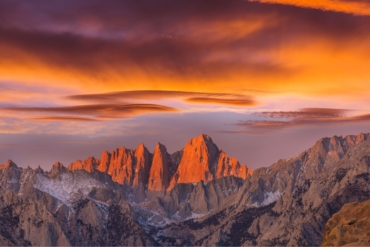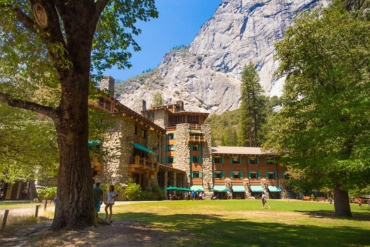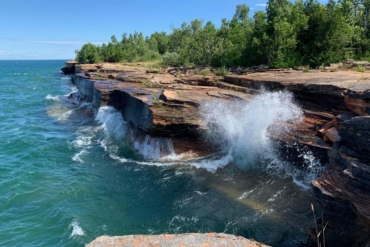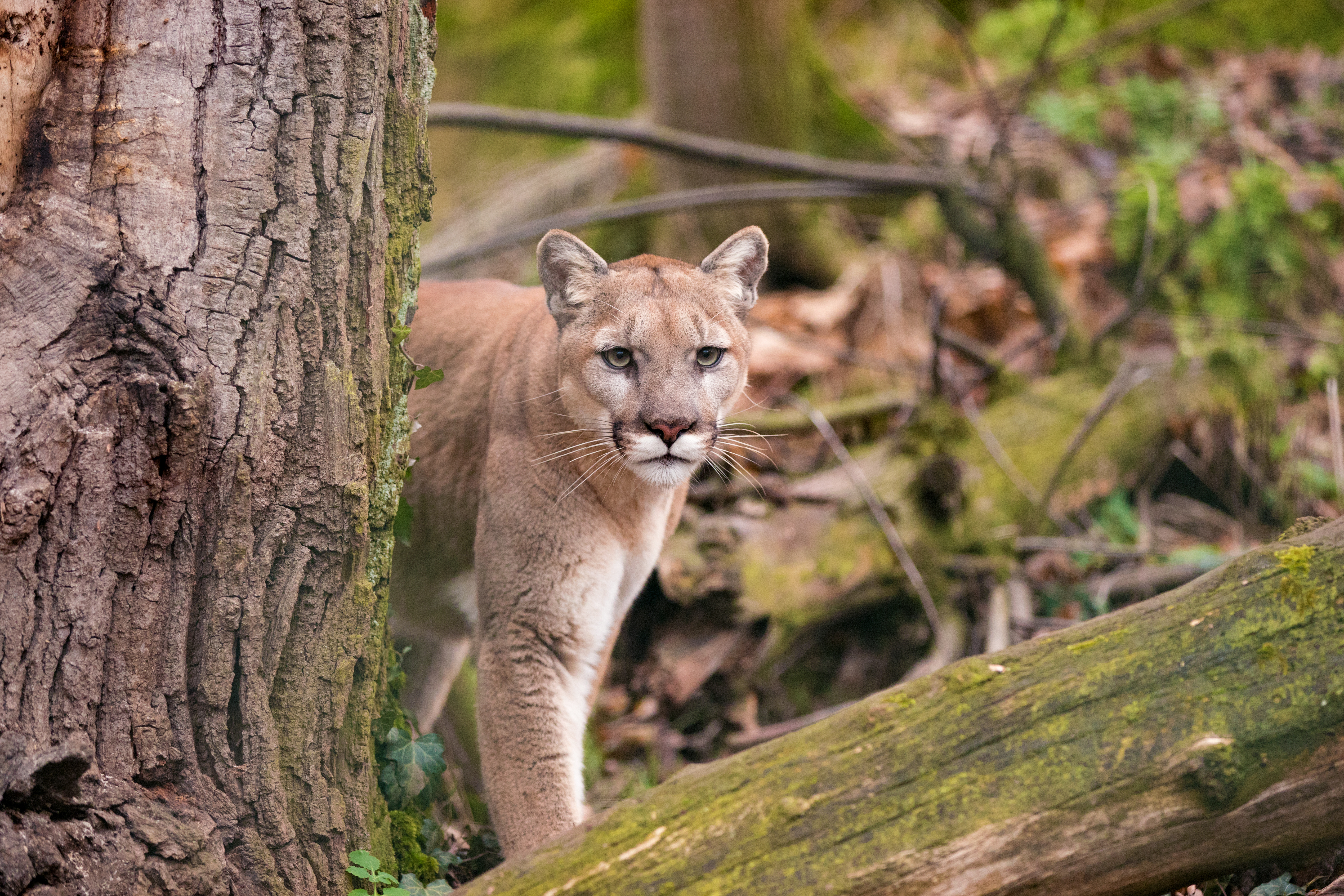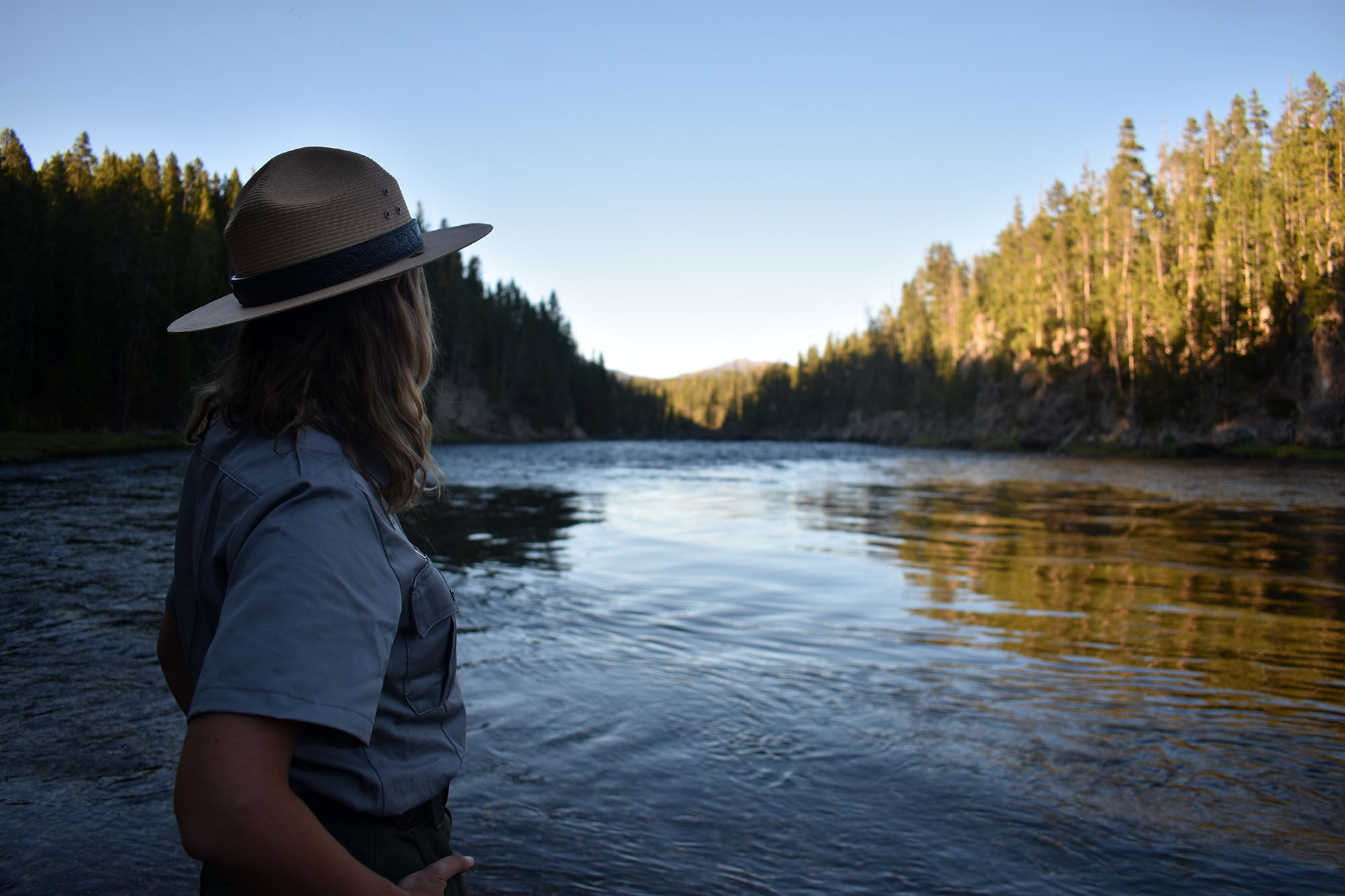Does reality TV transfer to reality?
Survival-based reality TV has enjoyed years of popularity, and the number of shows and spin-offs continues to increase. At the same time, a boom in survival schools exposes more people to unique and fun skills. But are these skills applicable to the modern outdoor adventurer?
I recently participated in a 2-day wilderness survival school at Earth Native Wilderness School. The class took place 45 minutes east of my home base of Austin, Texas. I hoped to decipher for myself if the knowledge parlayed on TV by Bear Grylls and others has any bearing on today’s outdoor enthusiasts.
Wilderness Survival 101

The class I enrolled in was aptly titled “Wilderness 101” and covered these basic survival techniques:
- Fire by friction
- Basic shelter building
- Trapping small game
- Local edible and medicinal plants
- Water collection and purification
- Making cordage from plants
- Basic land navigation utilizing the sun and the stars
- Creating a survival kit for the car or backpack
Reality TV highlights these skills often, but I wondered if any of them are truly usable. Modern gear and communication channels seem to render many survival skills trivial. Even light-and-fast adventurers carry gear and backups that seemingly render the odds of a real survival situation infinitesimal.
Hands-On Learning
Although Earth Native based the course around an outdoor classroom setting, getting hands dirty was when the transfer of knowledge occurred. Explanations and demonstrations might have introduced the subject and piqued interest, but nothing became take-home status until I tried it myself numerous times.
With time and resources limited, the school focused efforts on fire building, plant foraging, making cordage from plants, and land navigation. Fire building also included knife skills. A fixed-blade knife, like those offered by Morakniv, is mandatory. I always carry a multitool-style of knife, but this class made me realize how ineffective these knives can be when it matters the most.
Fire From Friction
There are several methods of starting a fire via friction, but the class concentrated on the bow drill method, which I found super effective. Once I mastered building the required bow, spindle, and board of correct hardness, and a bearing block, I surprisingly managed to get a fire more times than not with dry tinder. It was also eye-opening to see the size of branch a fixed-blade knife could split for both fuel and building the firestarting components.
Foraging
The number of local plants that can be eaten or have medicinal value was astounding; now that I have returned home, I can’t move 6 feet without seeing a plant worth foraging in a survival situation. I’m confident that I can at the very least eat vegetarian in my local area and get my caffeine fix in the morning to boot.
Creating Cordage
Cordage is essential to long-term survival. Not only is it part of a bow drill, but it is also required to lash together building materials for shelters, animal traps, and fishing. Natural cordage exists — vines, roots, and similar — but being able to make cordage out of grass or plant parts often asserts more control and usability.
Navigation
Technology has overtaken much of navigation, but gaining knowledge to discern direction without electronics or even a compass proved to be enlightening. It fostered a will to be more situationally aware in all environments. Important fundamentals include knowing the “fences” and “backstops” of the area of concern. Noting these on a map before embarking keeps one from getting really lost, as one only becomes disoriented in a larger space. Another key lesson was to observe oneself through a bird’s-eye view as opposed to a first-person point of view.
All other survival techniques were discussed and demonstrated, but time and resource constraints prevented the actual practice. Earth Native Wilderness School provides opportunities to learn and practice these skills and more during more immersive offerings.
Survival School: Is It Useful?

Indeed, learning and practicing survival skills was fun and engaging. But at the end of the day, are they just inconsequential tasks destined to be party tricks?
Being a GearJunkie tester and gear guy all around, I normally carry multiple ways to start a fire and navigate, regardless of how light I’m packing. I also carry extra food and have multiple forms of cordage in my gear and on my body. And I carry a two-way satellite communicator should all of the above fail. I have become helplessly lost, run out of food and water, been injured to the point of immobility, been pinned by avalanche danger, fallen in crevasses, and suffered heat exhaustion, but never once have I honestly questioned my survival.
In my estimation, the odds of landing myself in a true survival situation are slim at best. So, did I gain practical skills during my Earth Native Wilderness School class?
After some reflection, I noted foundations to all I learned during the Earth Native class, something the head instructor repeated incessantly. And that is to understand that the brain is the most effective tool in the toolbox and keeping that tool usable means harnessing emotions and resultant reactions.
Some related takeaways:
- No matter how extreme the situation, pump the brakes. Stop moving, take a minute, and collect yourself. Panicked, unclear thinking and rapid-fire action can make bad situations so much worse.
- Determine needs and develop solutions; prioritize by the survival triangle of body temperature, hydration, and energy. Loss of temperature regulation kills faster than hydration status or food status. Act accordingly. Fire can help all three.
- Do as the larger animals do. They are surviving full-time at the location.
- Use common sense, which escapes the mind when emotions run amok, but also think outside the box.
Conclusions
I found the survival school fun and engaging; this by itself was worth the price of admission. I did gain basic skills that are popular subject matter on reality TV that would help in an unlikely survival situation.
But the most valuable lesson is the understanding that no matter how dire it may be, maintaining logical thinking is paramount and must be willfully engaged and, better yet, practiced. The survival techniques highlighted on TV might not ever come into play if clear thinking steers one away from disaster in the first place. Panic and the related irrational decisions and ignoring common sense may turn a misstep into a survival situation or a survivable circumstance into a fight for life.

